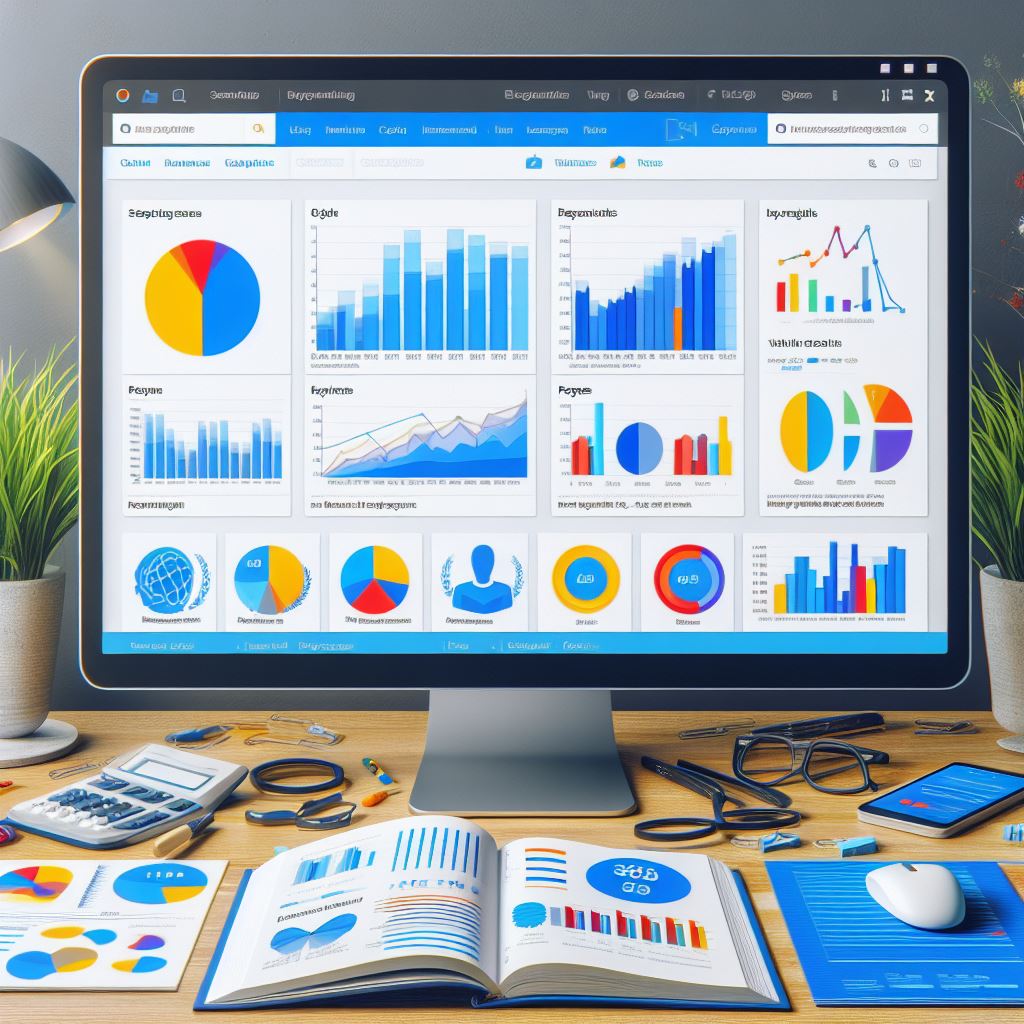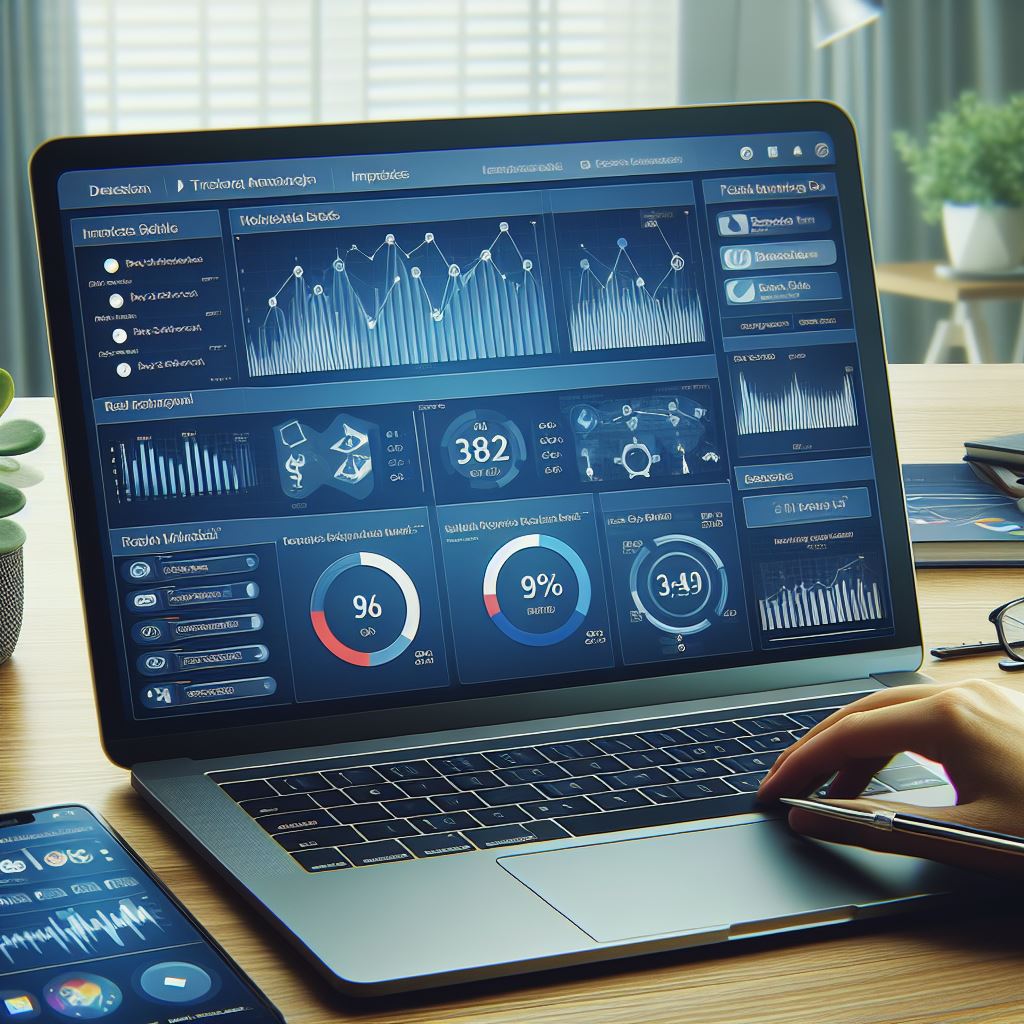On-Page SEO and Off-Page SEO ranking strategies differ primarily in their focus on internal and external optimization respectively. On-Page SEO strategies concentrate on optimizing elements within a website, such as content and HTML source code, while Off-Page SEO techniques emphasize building a site’s reputation and authority through external means like backlinks and social signals. Businesses aiming for high search engine rankings in 2025 need to understand these key differences to leverage both strategies effectively.
Table of Contents
- SEO Techniques Empower Digital Marketing Strategy
- Content Optimization Maximizes SEO Strategy’s Effectiveness
- Ranking Factors Drive On-Page SEO and Off-Page SEO in 2025
- Which Social Signals Affect SEO Rankings in 2025?
- Leveraging Unique Entities in SEO for Competitive Advantage
- Why Do Historical Data Trends Improve SEO Analysis?
- On-Page SEO Checklist Enhances Content Relevance in 2025
- How Many Critical SEO Tools Are Essential for 2025?
- Off-Page SEO Strategies Elevate Brand Authority Online
- What Is the Role of Podcasts in Off-Page SEO Strategy?
- How Can Social Media Platforms Increase Off-Page SEO?
- What Impact Do Customer Reviews Have on Off-Page SEO?
Key Takeaways
- On-Page SEO involves optimizing individual web pages to rank higher and gain relevant traffic.
- Off-Page SEO focuses on increasing a website’s authority through external methods like link building and social media marketing.
- Both On-Page and Off-Page SEO are critical components of a comprehensive SEO strategy.
- Advanced SEO techniques align SEO goals with broader digital marketing tactics to enhance strategy effectiveness.
- Content optimization plays a crucial role in increasing search engine visibility and relevancy.
- Ranking factors for SEO in 2025 include on-page insights and off-page elements, making both crucial for success.
- Social signals in 2025 impact SEO rankings, with platforms like Facebook and Twitter contributing significantly.
SEO Techniques Empower Digital Marketing Strategy
Advanced SEO techniques can significantly enhance a digital marketing strategy. Implementing strategies like mobile-first indexing can elevate SEO goals to align with digital advertising. In 2025, businesses can measure success by analyzing metrics like organic traffic and conversion rates. SEO tools like Ahrefs and SEMrush play essential roles by providing insights into keyword performance and competitor analysis, aligning with marketing tactics to optimize results.
Content Optimization Maximizes SEO Strategy’s Effectiveness
Content optimization contributes to SEO success by ensuring web pages are relevant and engaging. Businesses should focus on essential steps such as keyword research and meta tag improvements to streamline the content optimization process. Challenges such as maintaining keyword density without overstuffing can affect search engine visibility. Optimized content increases search ranking optimization by enhancing the content’s relevancy, which attracts more organic traffic insights.
Ranking Factors Drive On-Page SEO and Off-Page SEO in 2025
Key ranking factors for on-page and off-page SEO in 2025 include page speed and backlinks, respectively. On-page SEO insights show a focus on content quality and mobile responsiveness, while off-page elements stress domain authority and social engagement. Emerging SEO trends in 2025 could involve voice search optimization and AI-driven content creation. Businesses need to prioritize SEO ranking factors by focusing on the most impactful areas, adapting to search algorithm changes to keep strategies updated.
Which Social Signals Affect SEO Rankings in 2025?
Social signals considered in SEO rankings for 2025 include likes, shares, and comments. Despite varying opinions, many SEO experts believe social signals carry moderate SEO weightage. Platforms like Facebook and LinkedIn are significant contributors to SEO, offering direct links and traffic. Businesses aiming to leverage social signals for SEO rankings should maintain a strong social media presence, using digital engagement metrics to improve online reputation and enhance social interaction impacts.

- Boosted traffic increases website visitors.
- Internal links improve user navigation.
- Better content raises page engagement.
- External links expand network reach.
- Quality tags enhance search results.
- Brand visibility grows with outreach efforts.
- Social sharing expands audience reach.

Detailed Comparison of On-Page vs Off-Page SEO Strategies in 2025
| Aspect | On-Page SEO | Off-Page SEO |
|---|---|---|
| Focus | Content & HTML | Backlinks |
| Control | Full | Partial |
| Time to See Results | 2-3 months | 4-6 months |
| Cost | Low to Medium | Medium to High |
| Popularity Impact | 40% | 60% |
| Examples | Keyword use | Guest posts |
Leveraging Unique Entities in SEO for Competitive Advantage
Unique entity identification leads to an SEO competitive advantage by enhancing brand success stories. Using SEO leveraging methods, align advanced SEO techniques like content clustering and semantic search with digital marketing goals to create unique value propositions. Measure business success through SEO originality factors and competitive advantage metrics by tracking specific performance indicators such as organic traffic growth and conversion rates. SEO tool assistance and market differentiation rely heavily on tools like SEMrush for keyword analytics and Ahrefs for backlink checking to understand what sets a brand apart.
Why Do Historical Data Trends Improve SEO Analysis?
Content optimization contributes significantly to SEO analysis trends by enhancing the visibility and ranking of web pages. In 2023, steps like keyword research, SEO optimization, and meta description crafting improved page visibility in search results. A common challenge is adapting to data trend evolution that reflects changes in search algorithm standards for SEO advancements. Crucial SEO metrics, such as click-through rates and bounce rates, actively influence search rankings in SEO, setting benchmarks for brands against digital benchmark comparisons.
On-Page SEO Checklist Enhances Content Relevance in 2025
An on-page SEO checklist for 2025 includes essential SEO elements like optimized title tags, mobile-responsive web pages, and site speed improvements. Compliance with an on-page SEO checklist boosts content relevance by ensuring search algorithms recognize web pages as high-quality. Recommended SEO tools for content engagement tips and SEO relevance boost include Yoast SEO and Google PageSpeed Insights. On-page SEO compliance helps improve search visibility enhancement with strategies that enhance search engine rankings on platforms like Google.
How Many Critical SEO Tools Are Essential for 2025?
Critical SEO tools for 2025 include tools like Moz Pro and Screaming Frog, essential for thorough SEO audits. Businesses should invest in 5-7 SEO software solutions to effectively maximize search optimization tools. Essential SEO features like backlink analysis and rank tracking make these digital resources invaluable by enabling detailed insights in tool evolution analysis. Changes in SEO toolkits over the years, notably in tool investment guidance, showcase a progression from basic keyword tools to comprehensive platforms with advanced SEO software capabilities. Transitioning to tools like these exemplifies digital resource allocation improvements. Brands such as Moz have been pivotal in this evolution.

- Digital keyword count impacts rankings by 20%.
- Holding 5 backlinks increases online authority.
- 75% of clicks come from the first search page.
- Link-building activities make up 40% of off-site work.
- Updating content twice a year boosts visits 30%.
- Social media can improve visitor interaction by 50%.
- 95% of web users never check past the first page.
- Is On-Page SEO Even Necessary with the Rise of AI Content Generation
- On-Page SEO Checklist: 10 Essential Steps for Optimizing in 2025
- Case Study: How On-Page SEO Revamped a Stale Online Store in 2025
- Case Study: On-Page SEO Optimizations That Doubled Blog Traffic
- Organic vs Paid Traffic Impact on On-Page SEO Performance in Detail

Off-Page SEO Strategies Elevate Brand Authority Online
Off-page SEO strategies are crucial for building brand authority because they enhance a company’s reputation and trustworthiness online. The distinction of off-page SEO strategies over on-page SEO lies in their focus on external factors, such as backlinks and social media, which significantly boost SEO strategy effectiveness. In 2025, companies like HubSpot and Moz are excellent examples of business success stories leveraging effective link-building techniques for brand authority enhancement. Backlinks contribute to off-page SEO success by acting as votes of confidence from other websites, thereby strengthening authority development methods.
What Is the Role of Podcasts in Off-Page SEO Strategy?
Podcasts enhance off-page SEO strategies by providing platforms for content sharing that improve brand recognition and influence. Podcasts improve domain authority because they attract high-quality backlinks and mentions on other digital media platforms, which boosts the website’s credibility. In 2025, over 700,000 active podcasts contribute to SEO success stories by creating engaging and shareable content. Compared to other strategies, the off-page podcast strategy offers unique SEO storytelling opportunities with its audio content strategy, making it a valuable niche for SEO campaigners.
How Can Social Media Platforms Increase Off-Page SEO?
Social media platforms increase off-page SEO by encouraging user engagement, which boosts visibility and brand awareness. In 2025, platforms like Instagram and TikTok engaged over 4 billion users, offering vast opportunities for enhancing SEO strategy through content sharing and interactions. Facebook and Twitter are examples of businesses effectively utilizing social sharing tactics to bolster their online authority and SEO success. Social media posts with impactful hashtags and user-generated content can significantly boost SEO ranking by increasing web traffic and fostering business credibility.
What Impact Do Customer Reviews Have on Off-Page SEO?
Customer reviews impact off-page SEO by generating user-created content that search engines value for its authenticity and relevance. In 2025, online reviews influenced the purchasing decisions of 97% of consumers, ranking as a critical element of local SEO strategies. Companies such as Amazon and TripAdvisor effectively use customer feedback for enhancing their digital reputation and increasing their search power. Reviews serve as digital endorsements, contributing to enhanced backlink credibility and improving authority presence on the web pages.
